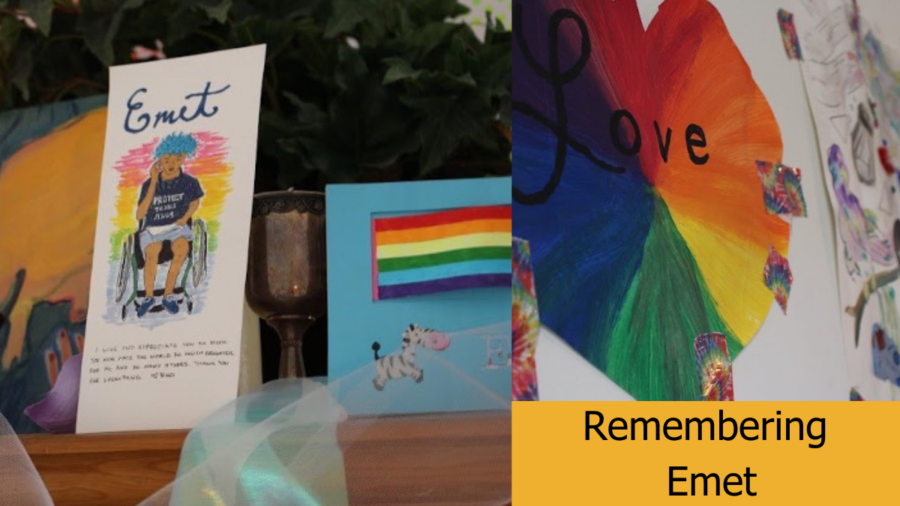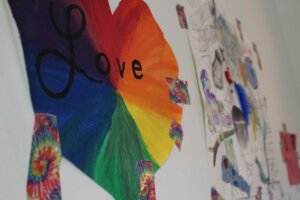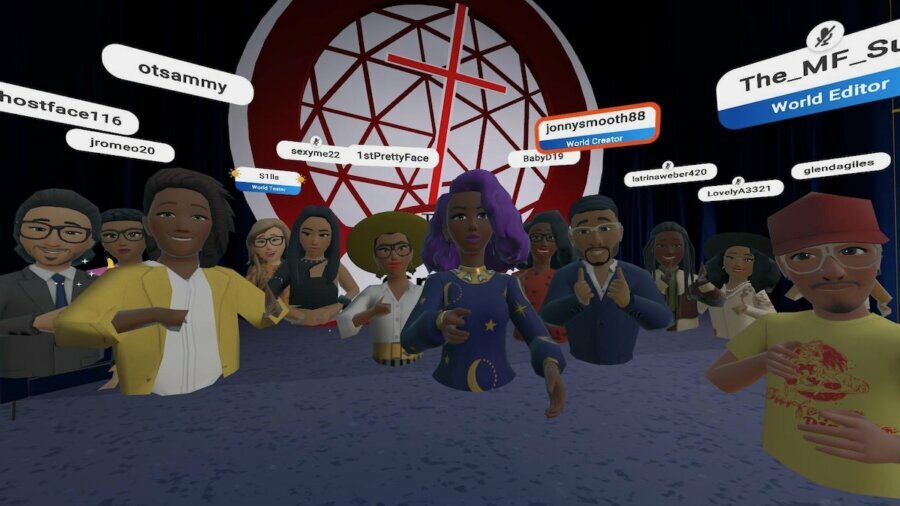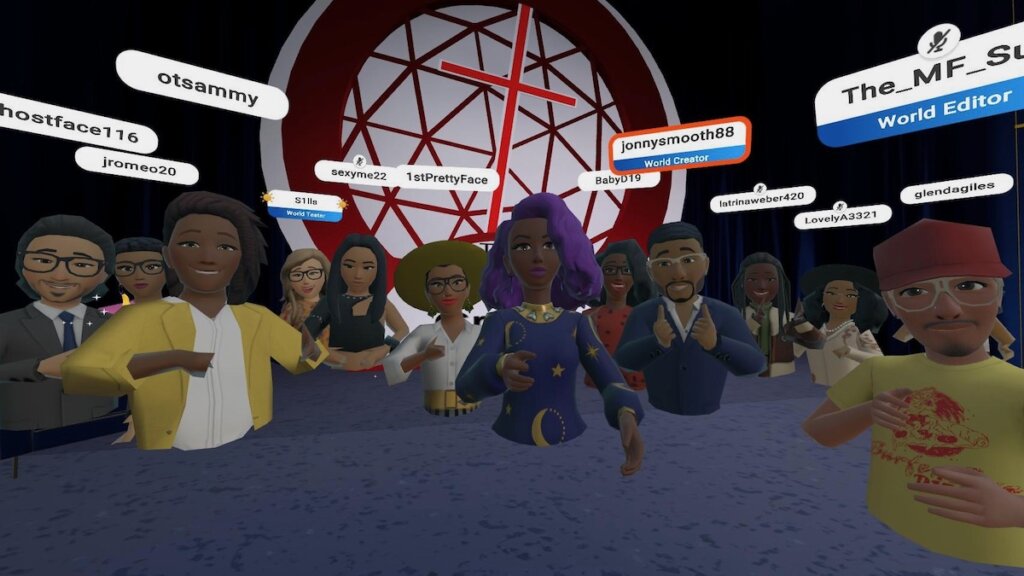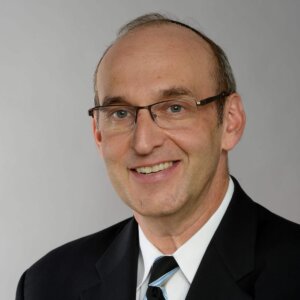
Howard Blas
The profile of bar and bat mitzvah recently got a boost thanks to Adam Sandler’s 2023 movie You Are So Not Invited to My Bat Mitzvah. While the movie takes a playful look at how plans for a girl’s bat mitzvah unravel over a popular boy, the institution of bar and bat mitzvah has been around for generations and is quite natural, simple, and free from drama. There are many options for making bar and bat mitzvah “customized” to the needs of each learner.
Many bar and bat mitzvahs take place in a synagogue or temple on a Saturday morning. Since the Torah (biblical scroll) is read on other days including Mondays, Thursdays, Jewish holidays, and the first day of each Hebrew month, b’nai (plural for bar and bat mitzvah) mitzvah may be celebrated on a variety of days and in a range of settings. Reading from the Torah is not a requirement. I like to tell families that you don’t “get” bar mitzvahed or “have” a bat mitzvah—you “become” b’nai mitzvah”—even if you stay in your pajamas, under the covers when you turn 13 (12, traditionally, for girls) on the Hebrew calendar. [continue reading…]


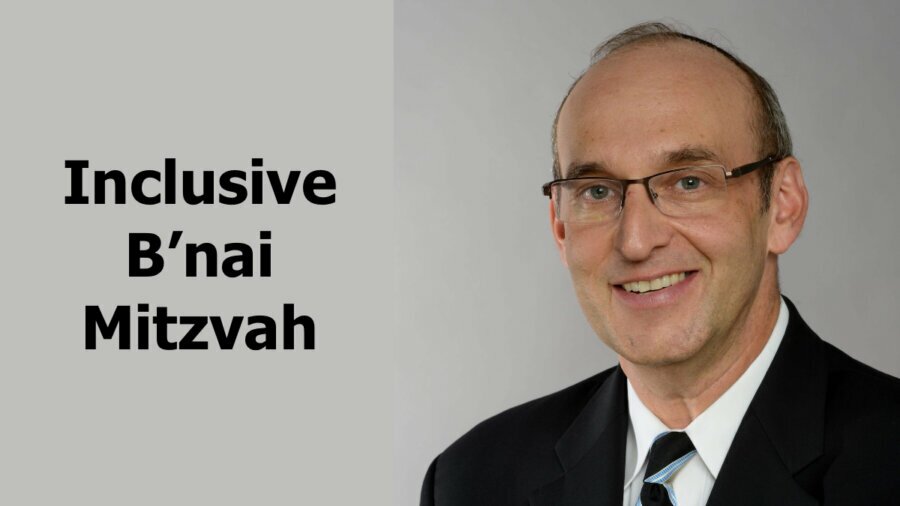


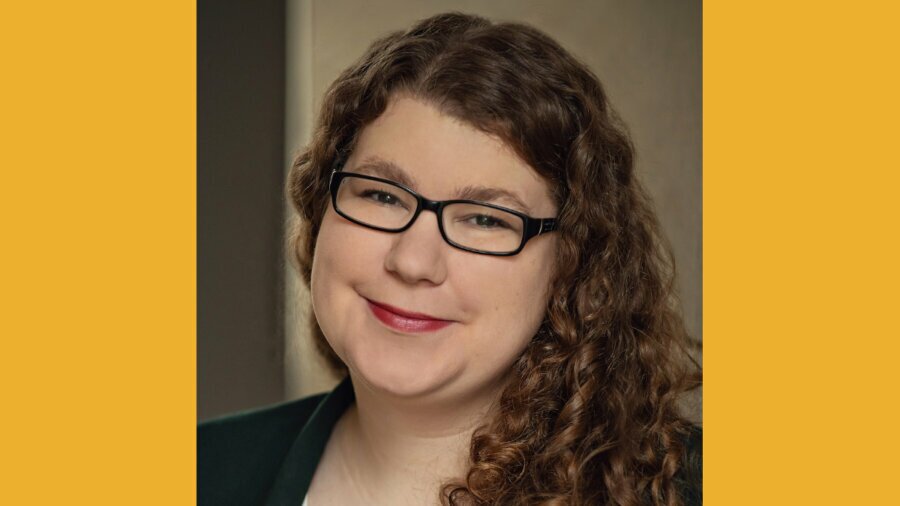
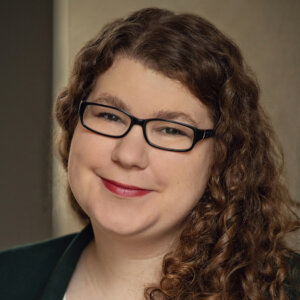
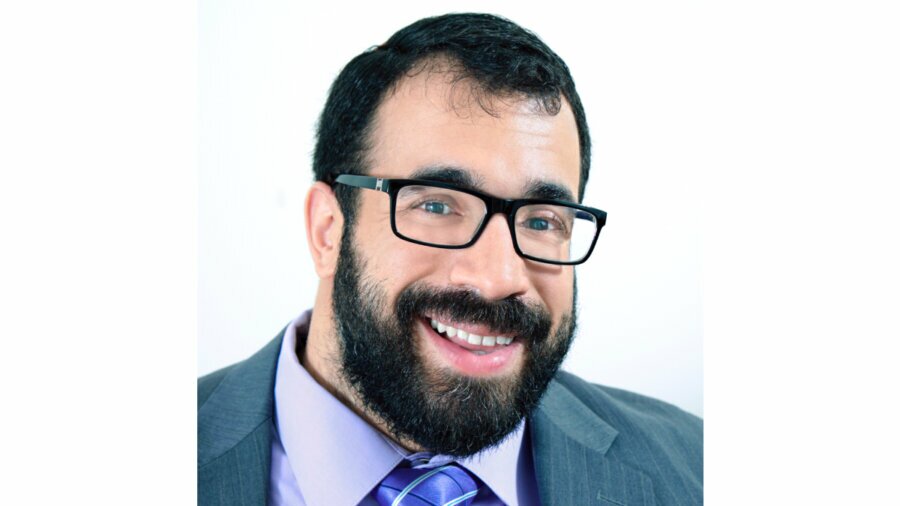
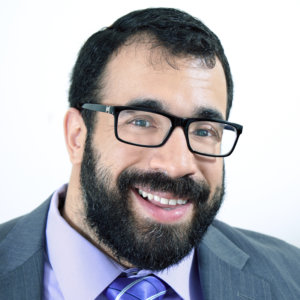
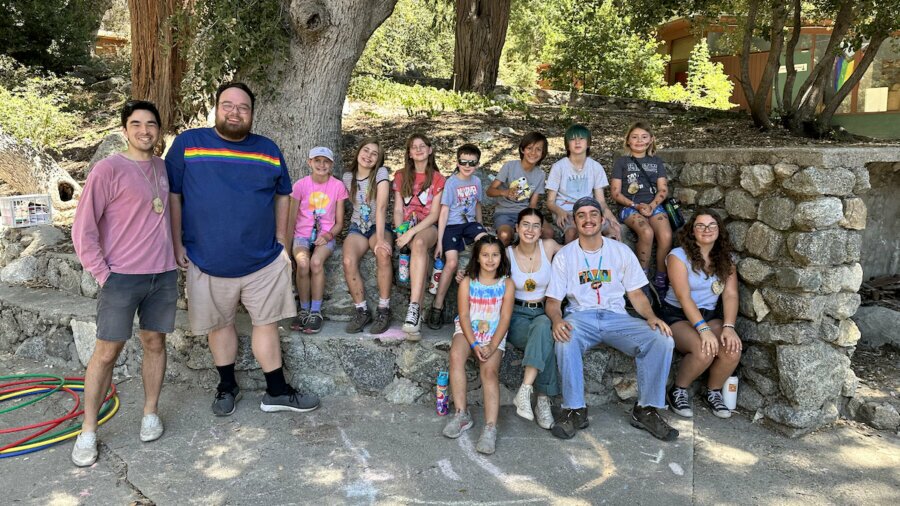
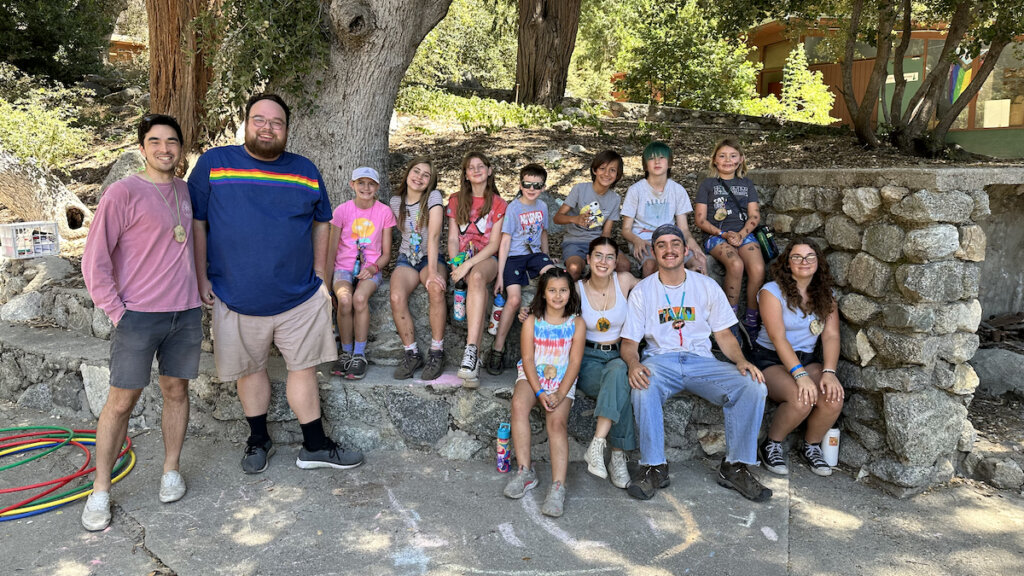 During our summer recess at RespectAbility, I was given the opportunity to serve as the Pastor of Pilgrim Pines Summer Camp in Southern California. I have written about Pilgrim Pines in a
During our summer recess at RespectAbility, I was given the opportunity to serve as the Pastor of Pilgrim Pines Summer Camp in Southern California. I have written about Pilgrim Pines in a 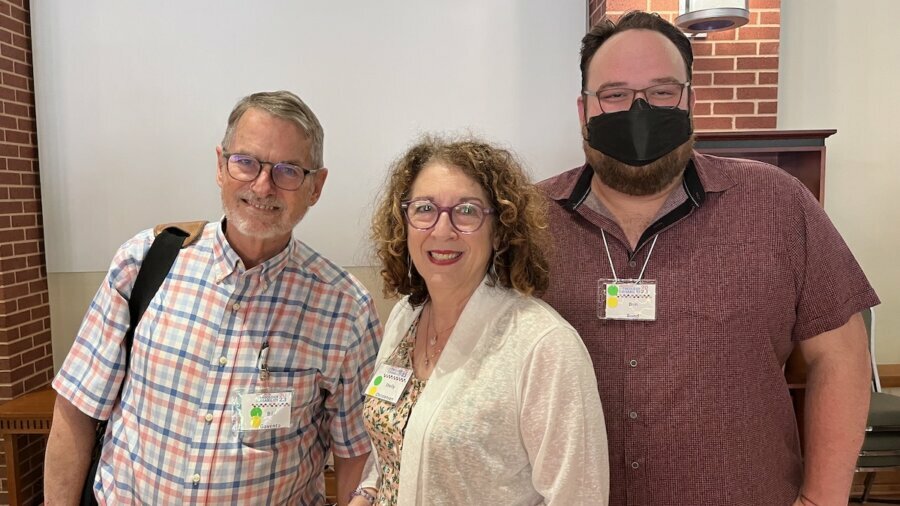
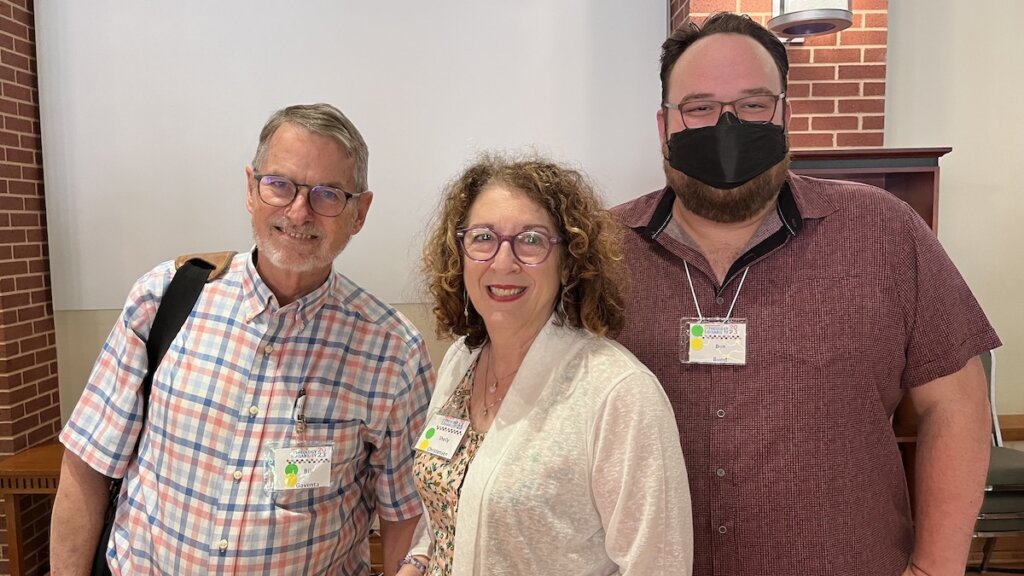 The Faith Inclusion and Belonging Team traveled to Waco, TX to participate in the Institute on Theology and Disability at Truett Seminary at Baylor University at the end of June. Founded in 2010 by RespectAbility board member, Bill Gaventa, the Institute annually gathers theologians, researchers, thought leaders, practitioners, and clergy to learn from each other.
The Faith Inclusion and Belonging Team traveled to Waco, TX to participate in the Institute on Theology and Disability at Truett Seminary at Baylor University at the end of June. Founded in 2010 by RespectAbility board member, Bill Gaventa, the Institute annually gathers theologians, researchers, thought leaders, practitioners, and clergy to learn from each other.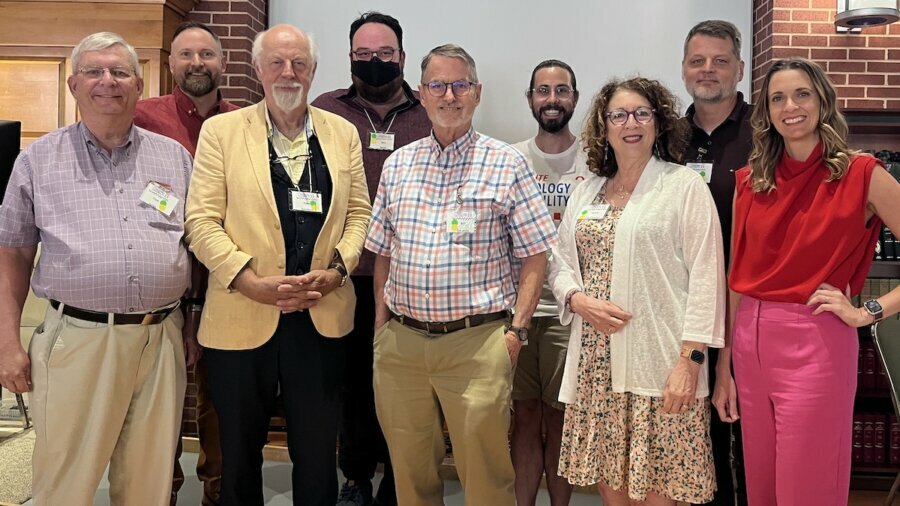
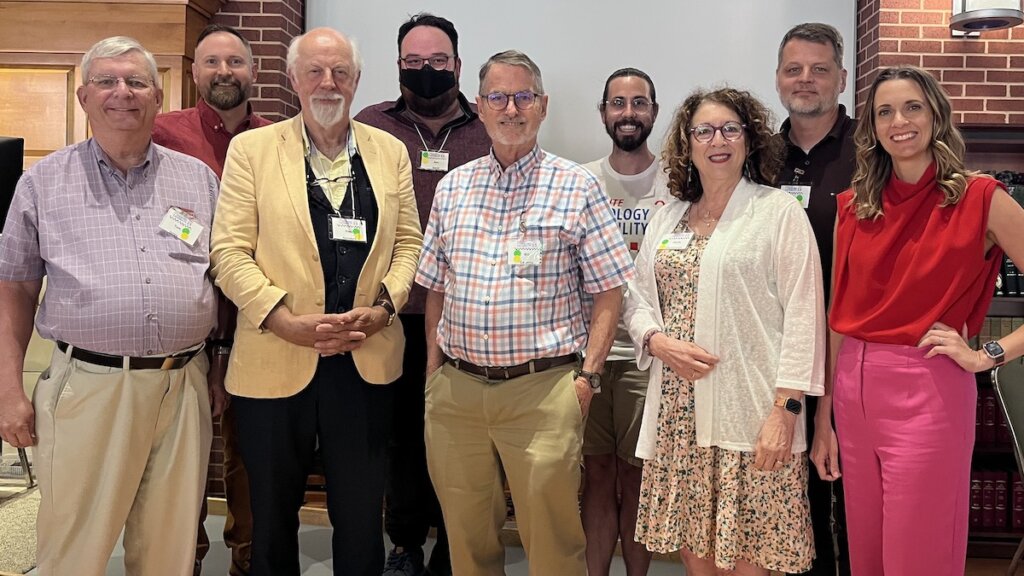 The disability community is built upon mutual flourishing. We know that our survival depends on each of us caring for one another in collective solidarity. As a disabled person I often feel quite lonely in my experience of disability. It can be a solitary endeavor to lie alone in your sick bed for days, weeks, and months at a time. One can be in a room full of people and feel alone trying to squeeze your disability into a box of normativity that helps others feel “comfortable” around you. We try to navigate these challenges the best that we can, but the social and physical isolation is exhausting.
The disability community is built upon mutual flourishing. We know that our survival depends on each of us caring for one another in collective solidarity. As a disabled person I often feel quite lonely in my experience of disability. It can be a solitary endeavor to lie alone in your sick bed for days, weeks, and months at a time. One can be in a room full of people and feel alone trying to squeeze your disability into a box of normativity that helps others feel “comfortable” around you. We try to navigate these challenges the best that we can, but the social and physical isolation is exhausting.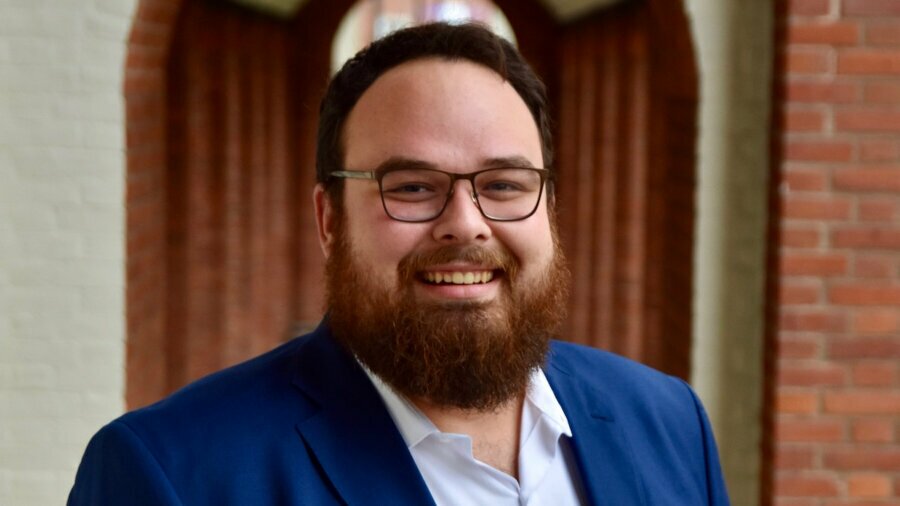
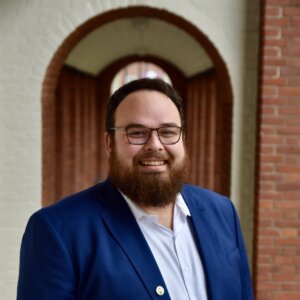 June is Pride Month, a month of profound and unending gratitude for me. I am an openly queer and disabled clergy person. Without the radical dreaming and action from our queer and disabled ancestors, my path would not be possible.
June is Pride Month, a month of profound and unending gratitude for me. I am an openly queer and disabled clergy person. Without the radical dreaming and action from our queer and disabled ancestors, my path would not be possible.